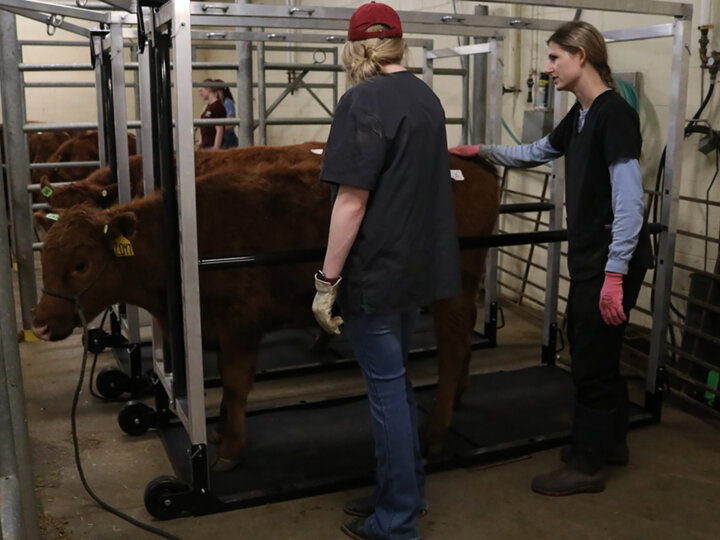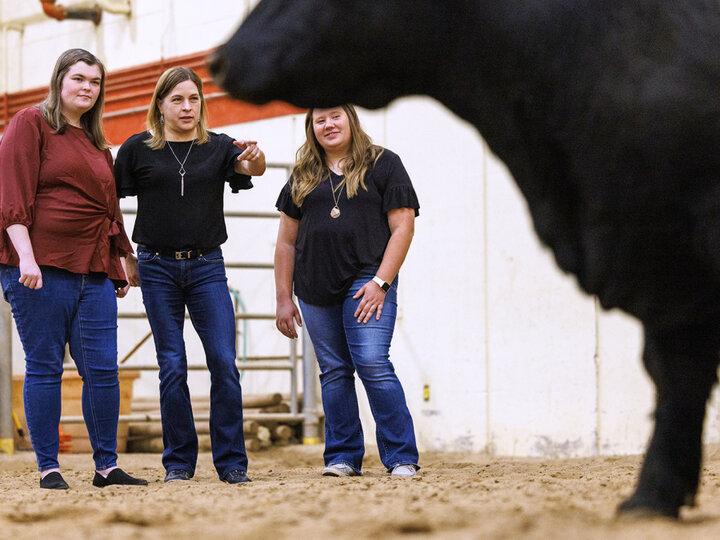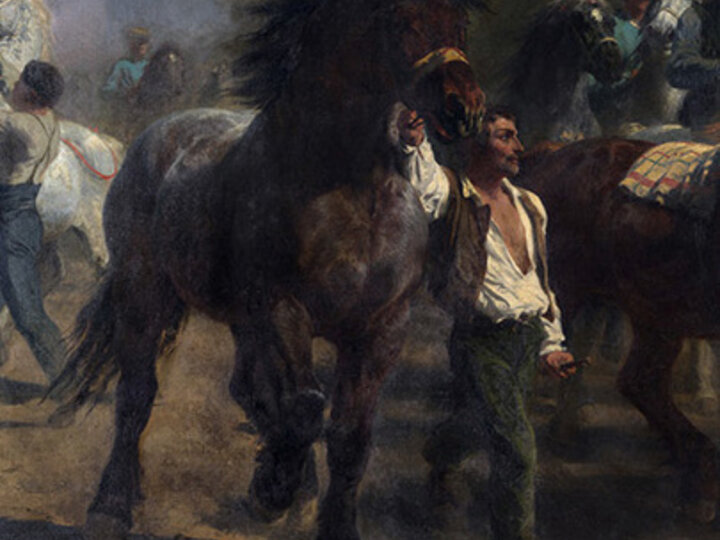University researchers study acute heat stress in feedlot cattle
Heat stress can cause an assortment of complications in cattle from reduced feed intake to death in severe cases. While places in the Midwest like Nebraska do not see many cases of chronic heat stress events where cattle are exposed to excessive heat for six or more days, acute heat stress events characterized by shorter exposure to excessive heat are typical during the summer and can be challenging to predict and prepare for.

Husker team to ID genetic tools to boost cattle growth efficiency
Husker scientists have begun a federally funded study to deepen the understanding of links between genetics and cattle growth efficiency. The project has significant potential to expand the range of genetic tools used by breeders.
The study will focus on cattle’s mitochondria, cell components whose biochemical activity produces most of the body’s energy for cell function.

The Tale of the Domesticated Horse
They say dogs are man’s best friend, but horses could also claim that title.
Horses gave us a way to transport people and goods — literal horsepower. They changed warfare: drawing chariots, carrying the cavalry. They’ve inspired artists from Stone Age cave painters to the makers of “My Little Pony.” Their role in industry may have waned in favor of machines, but they still maintain a place in sport, in leisure and in our collective hearts. Horses have been intertwined with human culture since at least 2000 B.C.E. and were associated with certain human groups even earlier.
